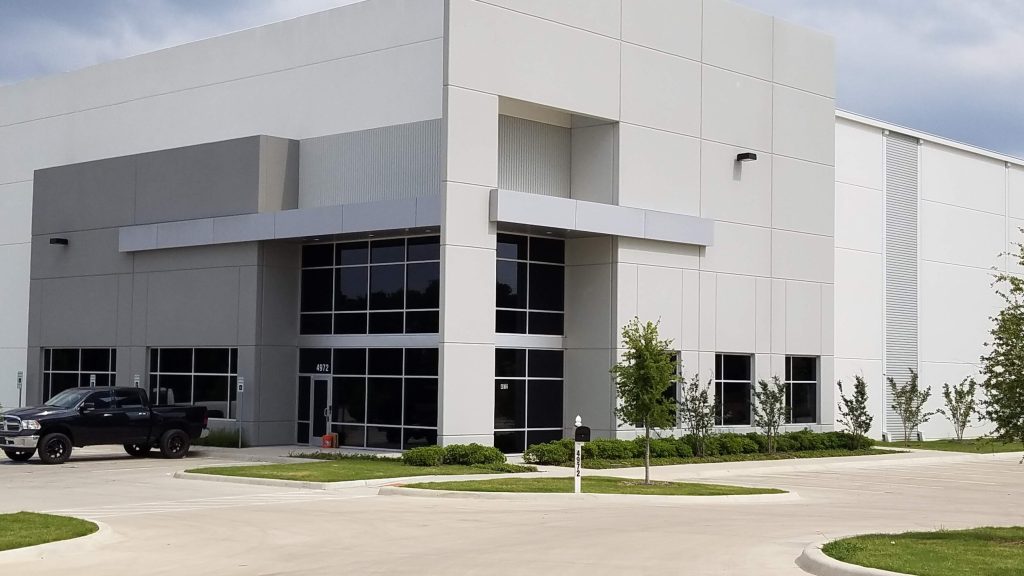Improve Building Insulation – Thermal Regulation with Commercial Window Tinting
Improving building insulation through commercial window tinting services offers significant benefits in enhancing thermal regulation, energy efficiency, and overall comfort within commercial spaces. Windows are crucial elements in any building, providing natural light and views while also posing challenges for energy conservation due to their inherent heat gain and loss characteristics. By applying advanced window tinting solutions, businesses can achieve a balance between functionality, comfort, and sustainability. Commercial window tinting involves the application of thin, specialized films to window glass surfaces. These films are engineered to reduce solar heat gain, minimize glare, and block harmful UV rays without significantly compromising natural light transmission. By controlling the amount of sunlight entering the building, tinted windows help regulate indoor temperatures more effectively throughout the year. One of the primary benefits of window tinting is its impact on energy efficiency. Traditional windows without tinting allow solar radiation to penetrate freely, leading to increased cooling costs in summer and heating costs in winter as buildings struggle to maintain comfortable temperatures.

Window films act as insulators, reducing the amount of heat transferred through windows by up to 80%. This thermal insulation effect not only lowers energy consumption but also extends the lifespan of HVAC systems by reducing their workload. Moreover, commercial window tinting contributes to a more sustainable building environment. By decreasing reliance on artificial cooling and heating systems, businesses can reduce their carbon footprint and overall energy consumption. This aligns with global efforts towards energy conservation and environmental responsibility, making window tinting a viable strategy for achieving green building certifications and meeting regulatory standards. In addition to energy savings, window tinting enhances occupant comfort and productivity. By reducing glare and maintaining more consistent temperatures across different areas of the building, tinted windows create a more comfortable working environment. Employees benefit from improved visual comfort, fewer distractions from glare, and a more stable indoor climate, which can positively impact morale and productivity levels. Another critical advantage of commercial window tinting is its ability to protect interior furnishings and assets. UV rays from sunlight can cause fading and deterioration of furniture, carpets, artwork, and merchandise over time.
Window films block up to 99% of UV rays, preserving the quality and lifespan of interior decor and valuable merchandise. This UV protection is especially beneficial for retail spaces, museums, galleries, and offices with extensive sun-exposed areas. Depending on the type of film selected, tinted windows can obscure views into sensitive areas while still allowing natural light transmission. This feature is valuable for maintaining confidentiality in corporate offices, protecting merchandise in retail stores, and ensuring privacy in healthcare facilities and click here. When considering commercial window tinting services, it is essential to consult with professionals who can recommend the most suitable products based on building orientation, climate conditions, and specific business needs. High-quality window films offer long-term durability, warranty coverage, and specialized features such as heat-reflective coatings or decorative finishes that can complement architectural aesthetics. Enhancing building insulation through commercial window tinting services provides multifaceted benefits including improved thermal regulation, enhanced energy efficiency, increased occupant comfort, UV protection, and enhanced privacy and security. By investing in window tinting, businesses not only reduce operational costs but also contribute to a sustainable, comfortable, and productive indoor environment.
